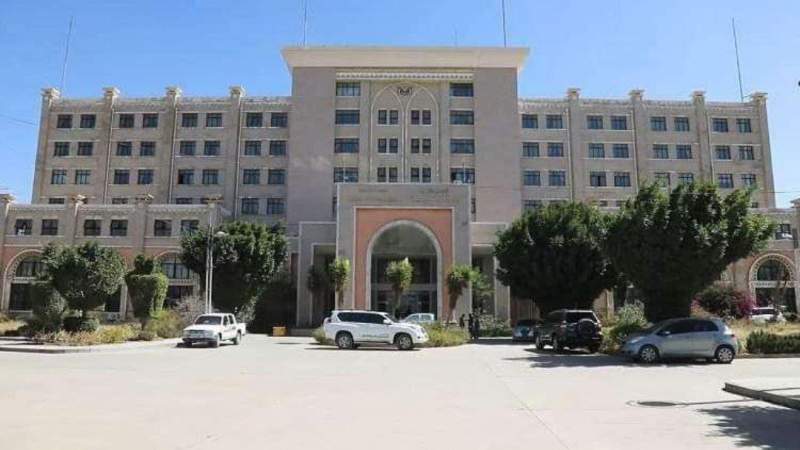The Ministry of Foreign Affairs and Expatriates stated that it has followed the statement issued after the 29th Joint Ministerial Meeting between the Gulf Cooperation Council (GCC) and the European Union (EU), particularly the parts concerning developments in Yemen and the Red Sea.
The Ministry affirmed in a statement that although the joint communiqué emphasized support for an inclusive political process to achieve a sustainable diplomatic solution, ensure the protection of civilians and civilian infrastructure throughout Yemen, encourage joint efforts between the GCC , the EU to mobilize humanitarian , development aid, and highlighted the urgent need to build economic resilience and create job opportunities for Yemenis — the statement nevertheless contained numerous misrepresentations and inaccurate claims.
The Ministry pointed out that the communiqué portrays Sana’a as an obstacle to peace, while in fact, Sana’a has consistently extended its hand for peace, presented multiple initiatives, and engaged with Saudi Arabia in good faith until both sides reached a roadmap. However, it was the United States of America that placed and continues to place obstacles before the peace process due to Sana’a’s principled and unwavering stance in supporting the Palestinian struggle and rejecting the ongoing genocide in Gaza.
The statement added that the humanitarian crisis in Yemen—described as the worst in modern history and still worsening—is a direct result of the military aggression and blockade imposed on Yemen by land, sea, and air for more than ten years.
It noted that the coalition countries and their mercenaries have sought, through the blockade and economic restrictions, to achieve by economic warfare what they failed to accomplish on the battlefield. The statement stressed that focusing on addressing the humanitarian and economic crisis through lifting the blockade on Yemen is the correct path toward achieving peace.
The Ministry of Foreign Affairs reiterated Sana’a’s commitment to the security and safety of navigation in the Red Sea, emphasizing that the security of this vital waterway and the protection of international maritime movement are the collective responsibility of the littoral states.
“The real threat to navigation in the Red Sea,” the statement said, “comes from the presence of foreign military forces, the militarization of the Red Sea, and suspicious movements and alliances that serve the Zionist occupation and its interests. The whole world knows that Yemen’s actions in the Red Sea are part of legitimate pressure on the Zionist entity to end its blockade and the genocidal crimes it commits against the Palestinian people.”
The Ministry called for adopting balanced and fair positions based on facts—positions that contribute to supporting a just and sustainable political settlement in Yemen.

